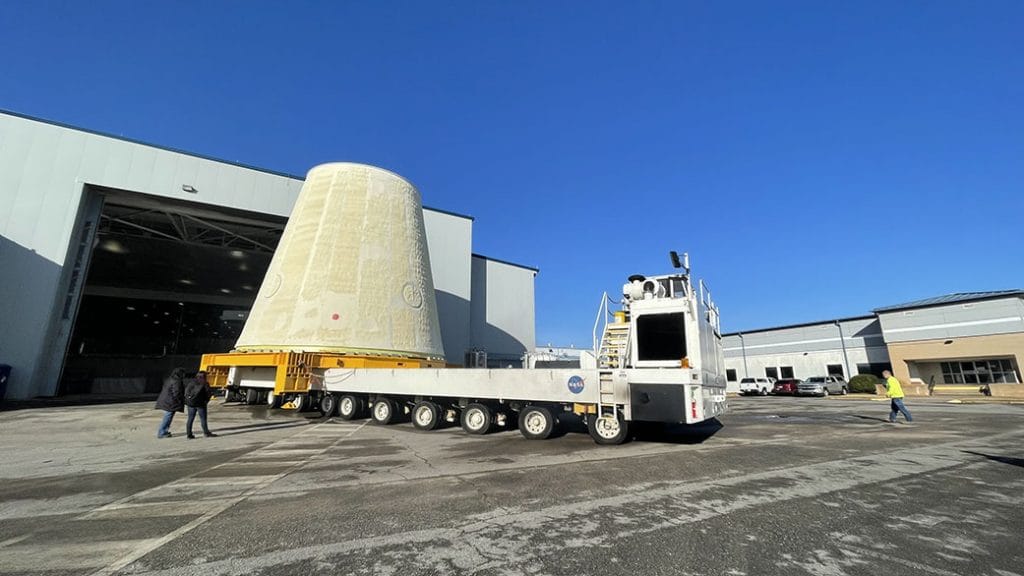NASA’s recent analysis of samples collected from the Bennu asteroid has unveiled compelling evidence that could reshape our understanding of the origins of life. The Osiris-Rex mission, which successfully retrieved samples from the asteroid in October 2020, has provided scientists with unprecedented access to material from the early solar system. The samples, which include a variety of organic compounds and water-bearing minerals, have been meticulously analyzed by a team of researchers at NASA’s Johnson Space Center in Houston.
The discovery of these organic compounds, including amino acids and other complex molecules, is particularly significant. These compounds are essential for life as we know it and are believed to have played a crucial role in the emergence of life on Earth. The presence of these molecules in the Bennu samples suggests that such building blocks for life may be more widespread throughout the solar system than previously thought. This finding supports the hypothesis that asteroids and comets could have delivered these vital ingredients to Earth, potentially seeding the planet with the necessary components for life to emerge.
In addition to the organic compounds, the samples also contain hydrated minerals, indicating the presence of water on or within the asteroid. This water, in the form of hydroxyl groups bonded to minerals, provides further evidence that asteroids like Bennu could have played a role in delivering water to Earth. The hydration of these minerals suggests that Bennu may have interacted with liquid water in the past, which could have facilitated the formation and preservation of organic molecules.
The Osiris-Rex mission represents a significant milestone in our quest to understand the origins of life. By studying the composition of Bennu, scientists can gain insights into the processes that occurred during the formation of the solar system and the potential for life to emerge on other celestial bodies. The samples retrieved from Bennu are just the beginning of this scientific endeavor, as ongoing analysis and future missions will continue to shed light on the mysteries of our cosmic origins.
The mission itself is a testament to the collaboration and ingenuity of the scientific community. The Osiris-Rex spacecraft, developed and operated by NASA’s Goddard Space Flight Center, was launched in 2016 and reached Bennu in 2018. After carefully mapping the asteroid, the spacecraft collected samples from the surface using a robotic arm. The collection process was challenging due to the asteroid’s low gravity and rocky terrain, but the mission team successfully retrieved over 60 grams of material. The samples were then returned to Earth in September 2023, where they were analyzed by a team of international scientists.
The findings from the Bennu samples not only advance our knowledge of the early solar system but also have implications for future space exploration. The discovery of organic compounds and water-bearing minerals in asteroids like Bennu suggests that similar materials may be present on other celestial bodies, such as Mars and the moons of Jupiter and Saturn. This knowledge could inform future missions to search for signs of life beyond Earth and guide our efforts to characterize the habitability of other planetary environments.
Moreover, the study of Bennu and other asteroids provides valuable insights into the dynamic processes that shape our solar system. By understanding the composition and history of these celestial bodies, scientists can better predict the risks posed by asteroids to Earth and develop strategies to mitigate potential impacts. The Bennu samples offer a unique window into the past, allowing researchers to reconstruct the conditions that existed during the solar system’s formation and evolution.
In conclusion, the analysis of the Bennu asteroid samples has yielded significant findings that could revolutionize our understanding of the origins of life. The presence of organic compounds and water-bearing minerals in these samples suggests that the building blocks for life are widespread in the solar system. As scientists continue to analyze the Bennu samples and plan future missions, our knowledge of the cosmos and our place within it will undoubtedly expand, inspiring new questions and discoveries.


